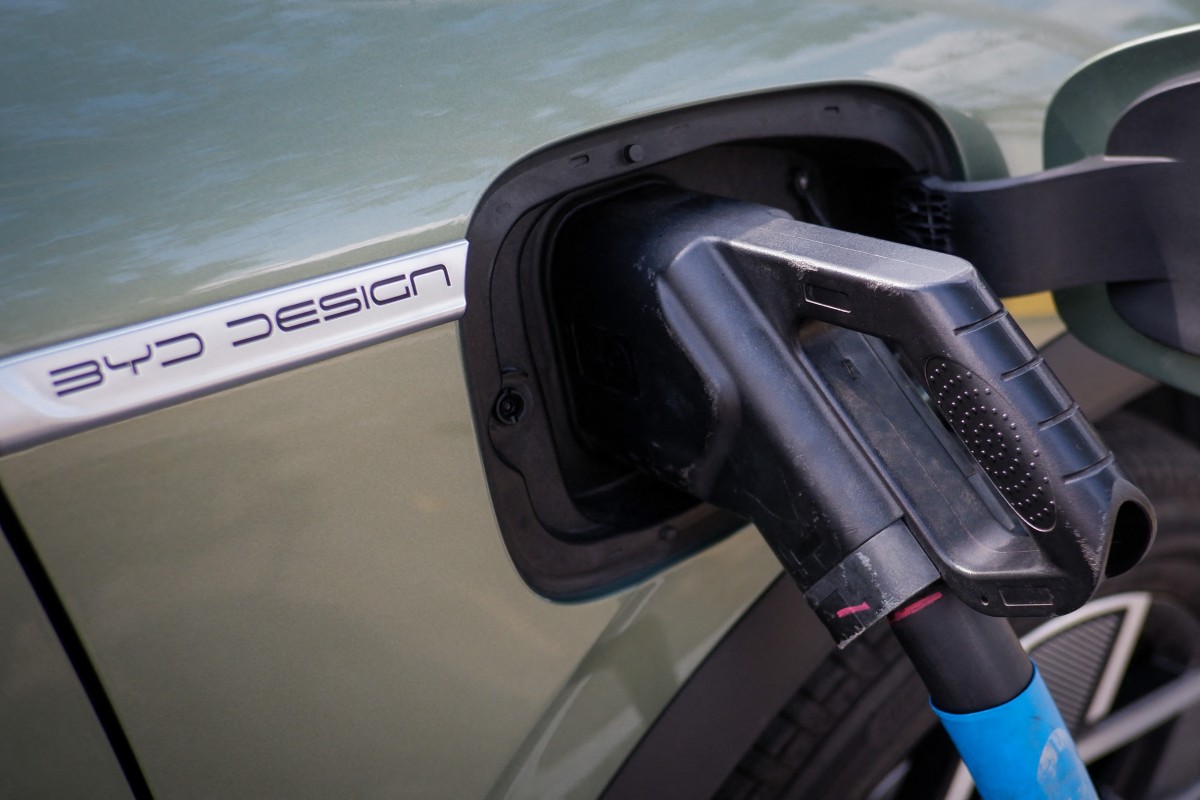
403
Sorry!!
Error! We're sorry, but the page you were looking for doesn't exist.
US considers banning Russian, Chinese car software
(MENAFN) The U.S. Commerce Department is considering a ban on the use of Chinese and Russian software in connected vehicles, which are defined as cars equipped with internet access, cloud services, or navigation systems. Reports from Reuters and Bloomberg, citing sources within the government, indicate that an official announcement regarding this restriction could be made as soon as Monday. This move is part of broader concerns about cybersecurity and national security, as connected vehicles increasingly rely on onboard network hardware that facilitates internet connectivity and data sharing with external devices.
U.S. officials have raised alarms about the potential vulnerabilities associated with connected cars, viewing them as prime targets for hacking. Hackers could potentially intercept communications between vehicles and their software systems, leading to serious security risks. The proposed ban is aimed at mitigating these risks by preventing the involvement of Chinese or Russian entities in the software and hardware components of these vehicles, thereby reducing the threat of unauthorized tracking or hacking.
While the primary focus of the measure is on software, it is anticipated that there will also be some restrictions on vehicle hardware produced in China and Russia. The proposed regulations may extend to encompass autonomous vehicles as well, given their reliance on advanced software and communications systems for operation. Such comprehensive measures highlight the U.S. government's intent to safeguard its automotive sector from foreign influence and potential cyber threats.
According to sources, the regulation could lead to a complete prohibition on the import and sale of vehicles from China that incorporate any form of communications or automated driving system software or hardware. This step reflects the escalating tension between the U.S. and these nations over technology and security issues, marking a significant shift in how the U.S. approaches the integration of foreign technology in critical sectors like transportation.
U.S. officials have raised alarms about the potential vulnerabilities associated with connected cars, viewing them as prime targets for hacking. Hackers could potentially intercept communications between vehicles and their software systems, leading to serious security risks. The proposed ban is aimed at mitigating these risks by preventing the involvement of Chinese or Russian entities in the software and hardware components of these vehicles, thereby reducing the threat of unauthorized tracking or hacking.
While the primary focus of the measure is on software, it is anticipated that there will also be some restrictions on vehicle hardware produced in China and Russia. The proposed regulations may extend to encompass autonomous vehicles as well, given their reliance on advanced software and communications systems for operation. Such comprehensive measures highlight the U.S. government's intent to safeguard its automotive sector from foreign influence and potential cyber threats.
According to sources, the regulation could lead to a complete prohibition on the import and sale of vehicles from China that incorporate any form of communications or automated driving system software or hardware. This step reflects the escalating tension between the U.S. and these nations over technology and security issues, marking a significant shift in how the U.S. approaches the integration of foreign technology in critical sectors like transportation.

Legal Disclaimer:
MENAFN provides the
information “as is” without warranty of any kind. We do not accept
any responsibility or liability for the accuracy, content, images,
videos, licenses, completeness, legality, or reliability of the information
contained in this article. If you have any complaints or copyright
issues related to this article, kindly contact the provider above.


















Comments
No comment